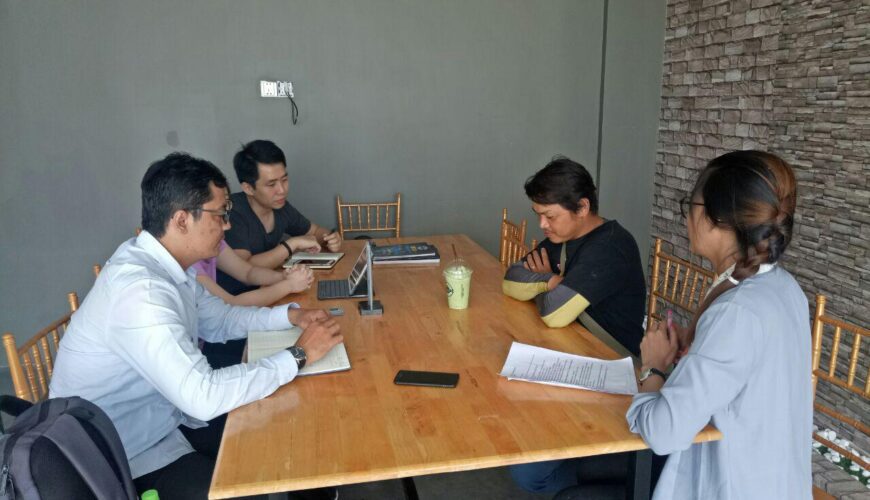Research is a systematic process of collecting and analyzing data to answer a specific question or solve a problem. Research can help companies to understand their customers, competitors, markets, and trends, and to develop new products, services, or strategies. However, not all research methods are suitable for every purpose or situation. Therefore, it is important for companies to choose the appropriate research methods that match their research objectives, budget, and resources.
In this article, we will discuss four common research methods that many companies use: surveys, interviews and focus groups, website traffic data, and case studies. We will also explain the advantages and disadvantages of each method, and provide some examples of how they can be applied in different contexts.
Surveys
Surveys are a way of collecting data from a large number of people, usually through questionnaires or online forms. Surveys can be used to measure customer satisfaction, preferences, opinions, attitudes, or behaviors. Surveys can provide quantitative data that can be analyzed statistically, or qualitative data that can be interpreted thematically.
Surveys are a relatively low-cost and fast method of gathering data, but they may suffer from low response rates, sampling bias, or measurement errors.
For example, a company that sells online courses may use surveys to evaluate the quality and effectiveness of their courses, and to identify the needs and expectations of their learners. The company may send surveys to their customers after they complete a course, asking them to rate various aspects of the course, such as the content, the instructor, the platform, and the learning outcomes. The company may also ask open-ended questions to elicit feedback and suggestions for improvement. The company can then use the survey data to improve their courses and customer service.
Interviews and Focus Groups
Interviews and focus groups are methods of collecting data from a small number of people, usually through face-to-face or online conversations. Interviews and focus groups can be used to explore ideas, experiences, and meanings, or to generate feedback and insights. Interviews and focus groups can provide rich and detailed qualitative data that can reveal the motivations, emotions, and perceptions of the participants.
Interviews and focus groups are more flexible and adaptable than surveys, but they may require more time, resources, and skills to conduct and analyze.
For example, a company that develops a new mobile app may use interviews and focus groups to test the usability and functionality of their app before launching it to the market. The company may invite potential users to try out their app in a controlled environment, and ask them questions about their experience using the app. The company may also observe how the users interact with the app, and record their comments and reactions. The company can then use the interview and focus group data to identify any problems or issues with their app, and to make necessary changes or improvements.
Conclusion
Research methods are ways of collecting and analyzing data to answer a specific question or solve a problem. Research can help companies to understand their customers, competitors, markets, and trends, and to develop new products, services, or strategies. However, not all research methods are suitable for every purpose or situation. Therefore, it is important for companies to choose the appropriate research methods that match their research objectives, budget, and resources.

